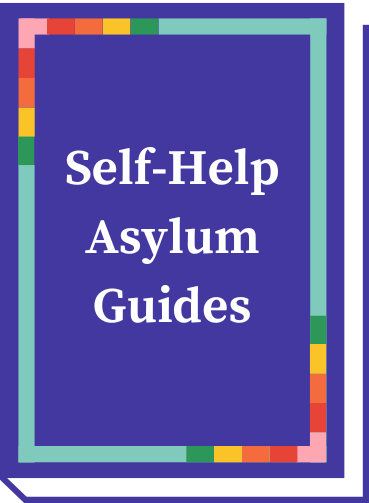8. Voluntary Departure
The information contained herein is for reference only and may not be up to date. It does not constitute legal advice. You should always consult an attorney regarding your matter.
Voluntary departure permits an individual who is otherwise removable to depart from the country at their own expense within a designated amount of time, in order to avoid a final order of removal. 1 However, voluntary departure is not available in all cases. 2
Voluntary departure is preferable to a removal order for a number of reasons. If an individual is issued a removal order, they may be barred from reentering the United States for up to ten years and may be subject to civil and criminal penalties if they enter without proper authorization. If the individual voluntarily departs within the time ordered by the court, they will not be barred from legally reentering in the future. 3 In addition, an individual with a removal order is barred from applying for ten years for cancellation of removal, adjustment of status and other immigration benefits.
An individual may apply for voluntary departure either prior to the Master Calendar Hearing (MCH) or at the conclusion of proceedings, provided that the individual meets the necessary requirements. See Sections #8.1 and #8.2 below.
There are significant penalties for failing to depart under a voluntary departure order, however. If the attorney determines from discussions with the applicant that under no circumstances other than physical removal by the U.S. government do they plan to leave the United States, the attorney should not necessarily automatically seek voluntary departure.
8.1 Voluntary Departure – Before the Conclusion of the Hearing
If the application for voluntary departure is prior to or at the MCH, the individual must meet the following requirements:
- Waives or withdraws all other requests for relief;
- Concedes removability;
- Waives appeal of all issues;
- Has not been convicted of an aggravated felony and is not a security risk; and
- Shows clear and convincing evidence that they intend and have the financial ability to depart.
If the individual is able to meet these requirements, then the Immigration Judge (IJ) may grant a voluntary departure period of up to 120 days at the time of the MCH. 4 The IJ may not grant voluntary departure under 8 C.F.R. § 1240.26(b)(E)(ii) beyond 30 days after the MCH at which the case is initially scheduled, except pursuant to a stipulation.
8.2 Voluntary Departure – After the Conclusion of the Hearing
An individual may also apply for voluntary departure after the conclusion of proceedings, provided that the individual meets the following requirements:
- Shows physical presence for one year prior to the date the Notice to Appear is issued;
- Shows clear and convincing evidence that she intends and has the financial ability to depart;
- Pays a bond (of at least $500) if the IJ so requires;
- Shows good moral character for five years prior to the application; and
- Presents to the DHS a valid passport or other travel document sufficient to show lawful entry into her country, unless such document is already in the possession of the DHS or is not needed in order to return to her country.
If the applicant establishes these requirements, the Immigration Judge may grant voluntary departure for a period of up to 60 days. 5
This Manual is intended to provide information to attorneys and accredited representatives. It is not intended as legal advice. Asylum seekers should speak with qualified attorneys before applying.
Notes:
- INA §240B.
- INA §240B(c).
- As a practical matter, however, obtaining a visa to re-enter the United States after an applicant has evidenced an intent to remain the United States permanently by applying for asylum may be impossible especially if she does not have any recognized family relationships in the United States.
- See INA §240B(a); 8 C.F.R. §240.25.
- See INA §240B(b); 8 C.F.R. §240.11(b).
The information contained herein is for reference only and may not be up to date. It does not constitute legal advice. You should always consult an attorney regarding your matter.
This handbook is intended for use by pro bono attorneys and immigration attorneys working on LGBTQ/HIV asylum cases.
Detention Hotline
If you are in detention, call:
(917) 654-9696 | M-W 9:30 - 5:30pm & Th 1:00 - 5:30pmCalls from people outside of detention will not be accepted.
